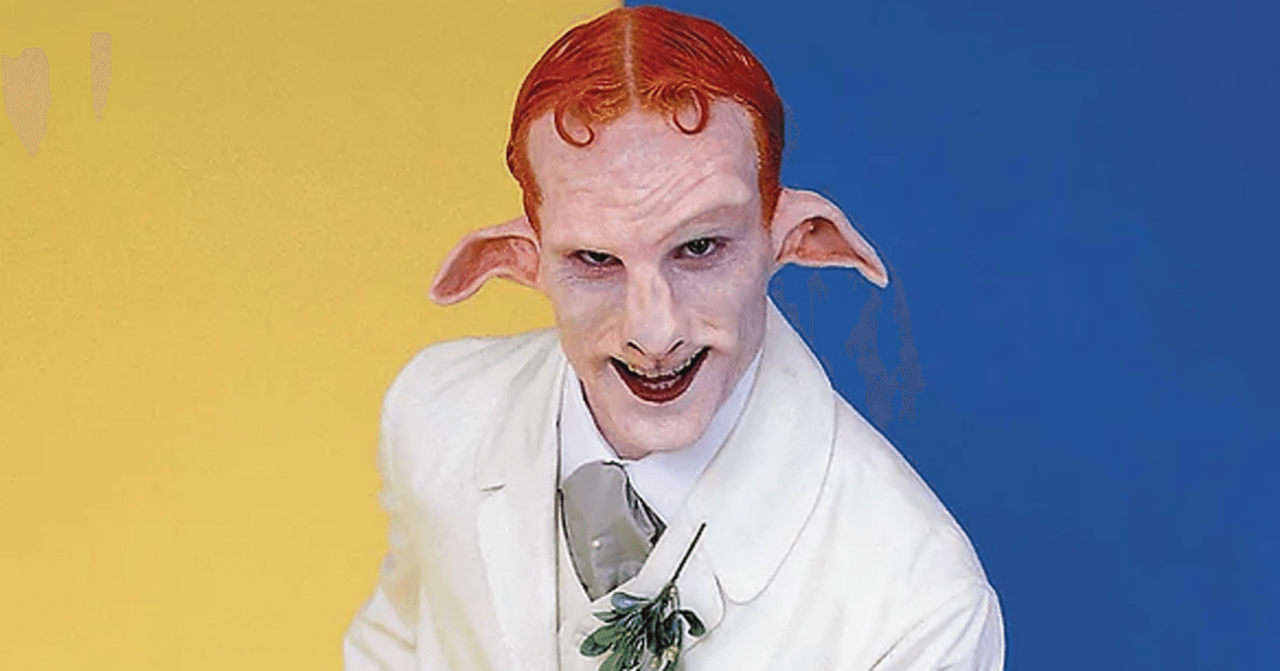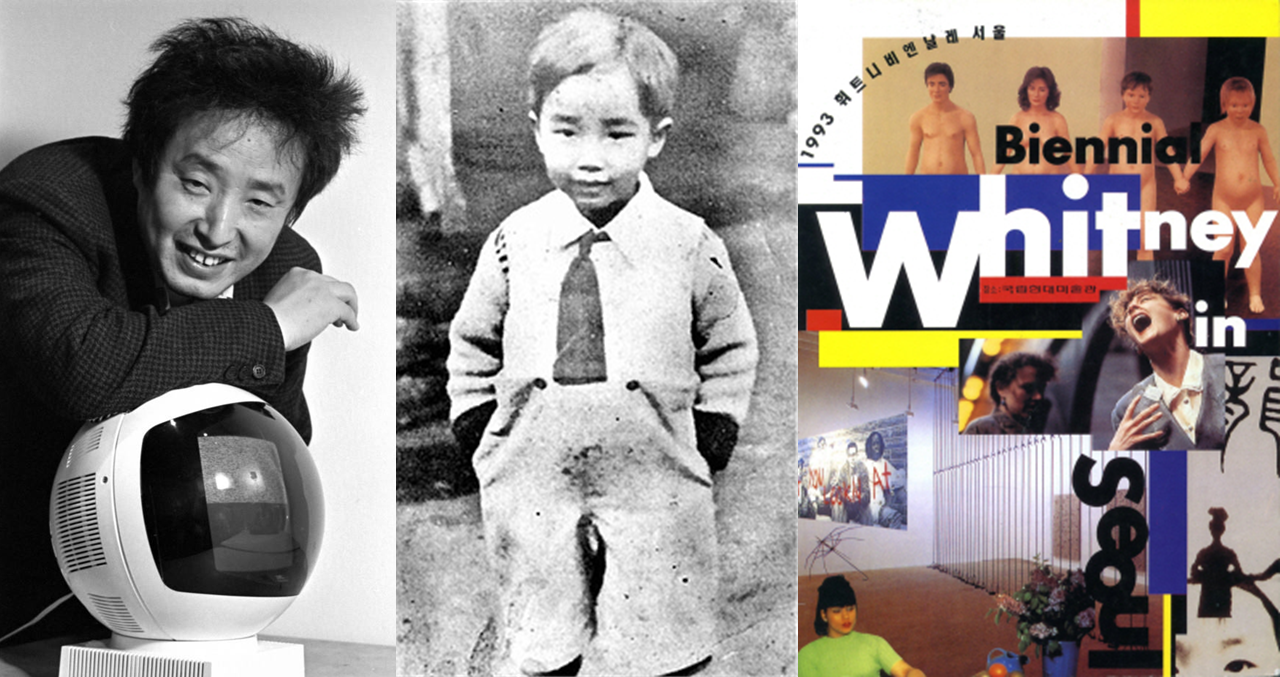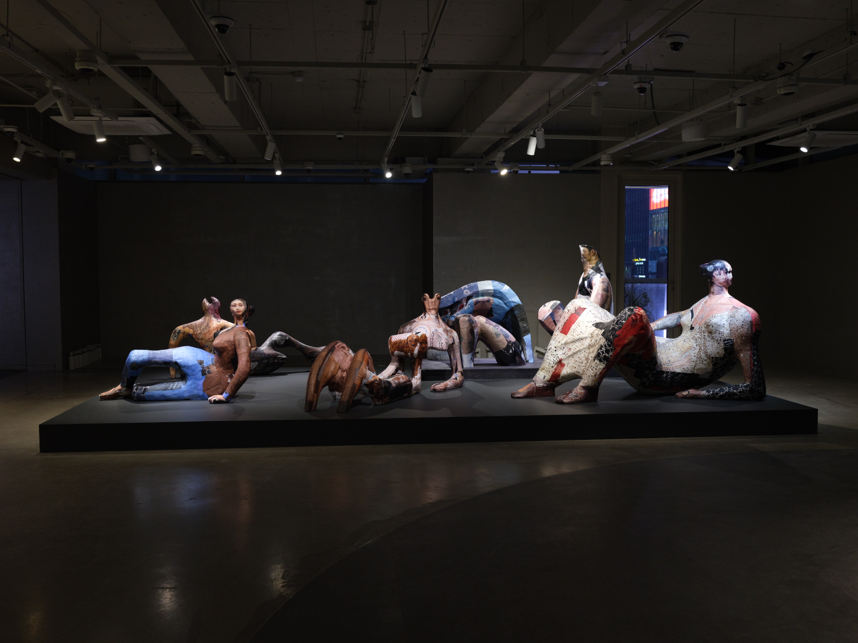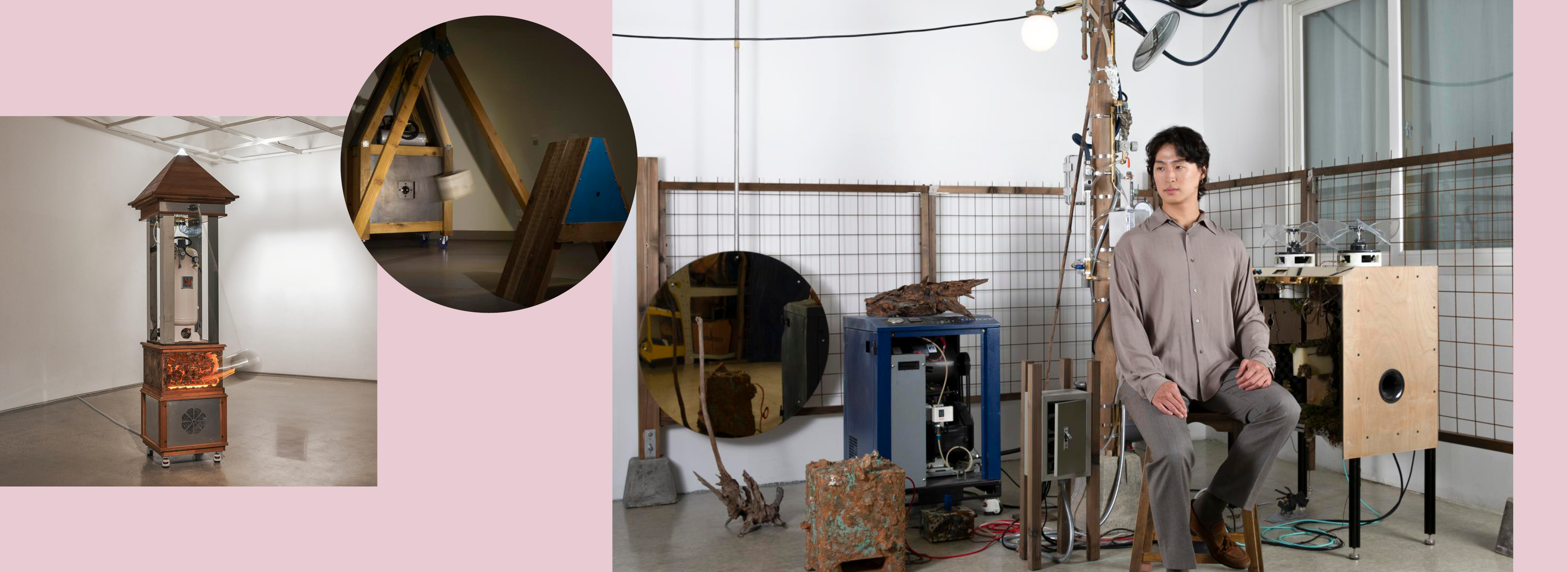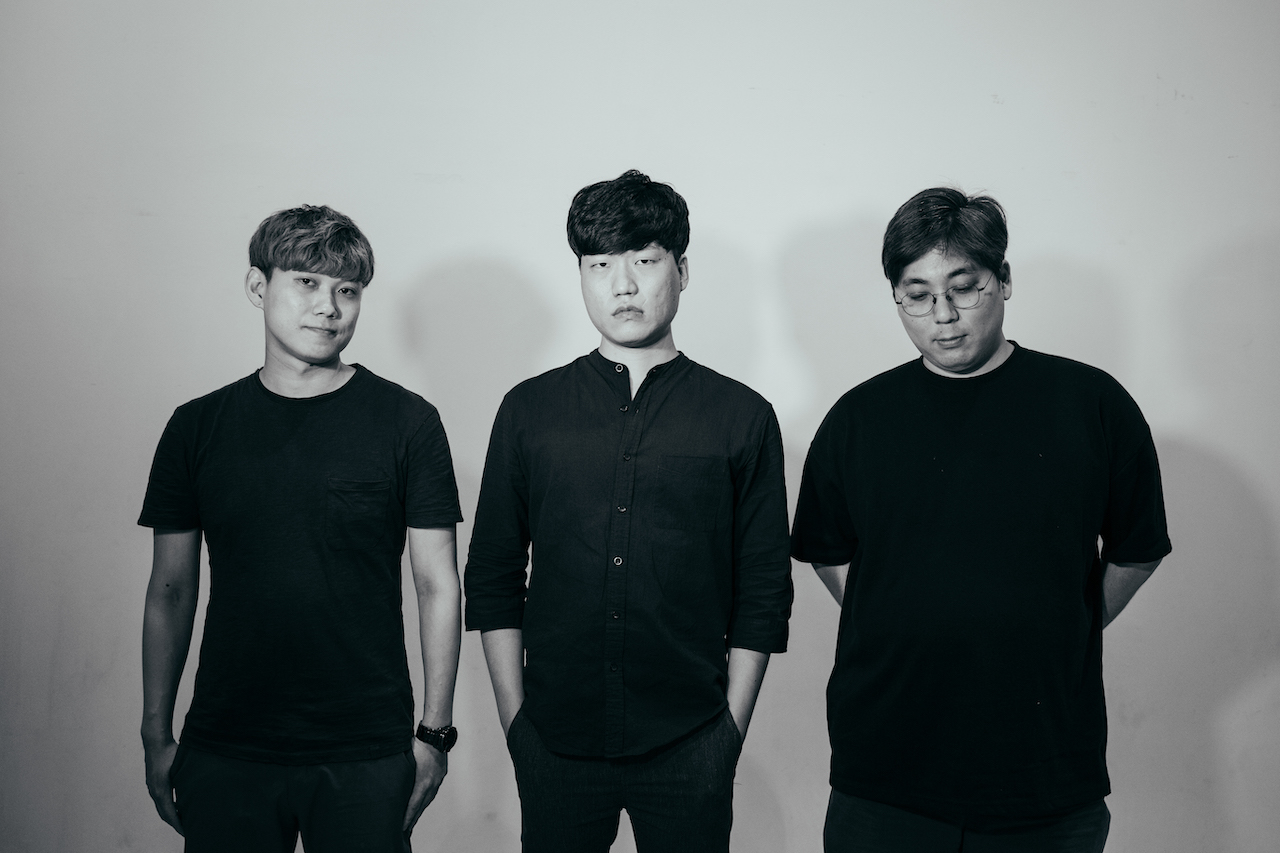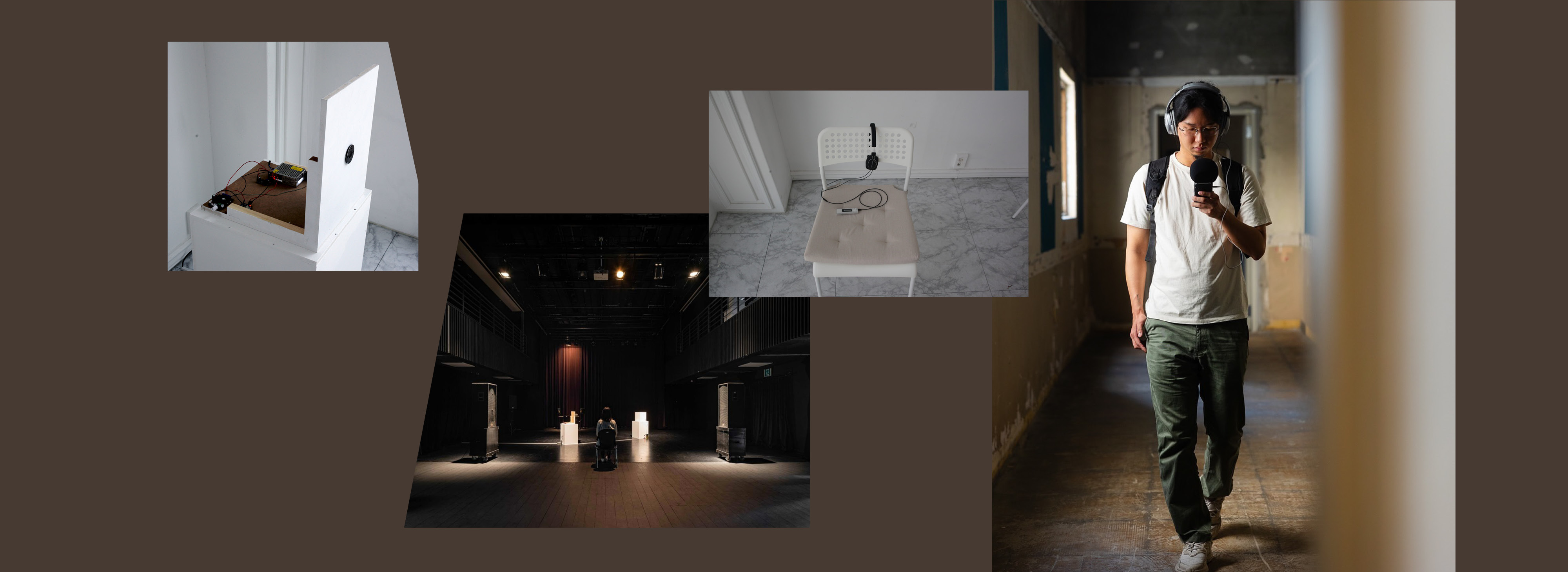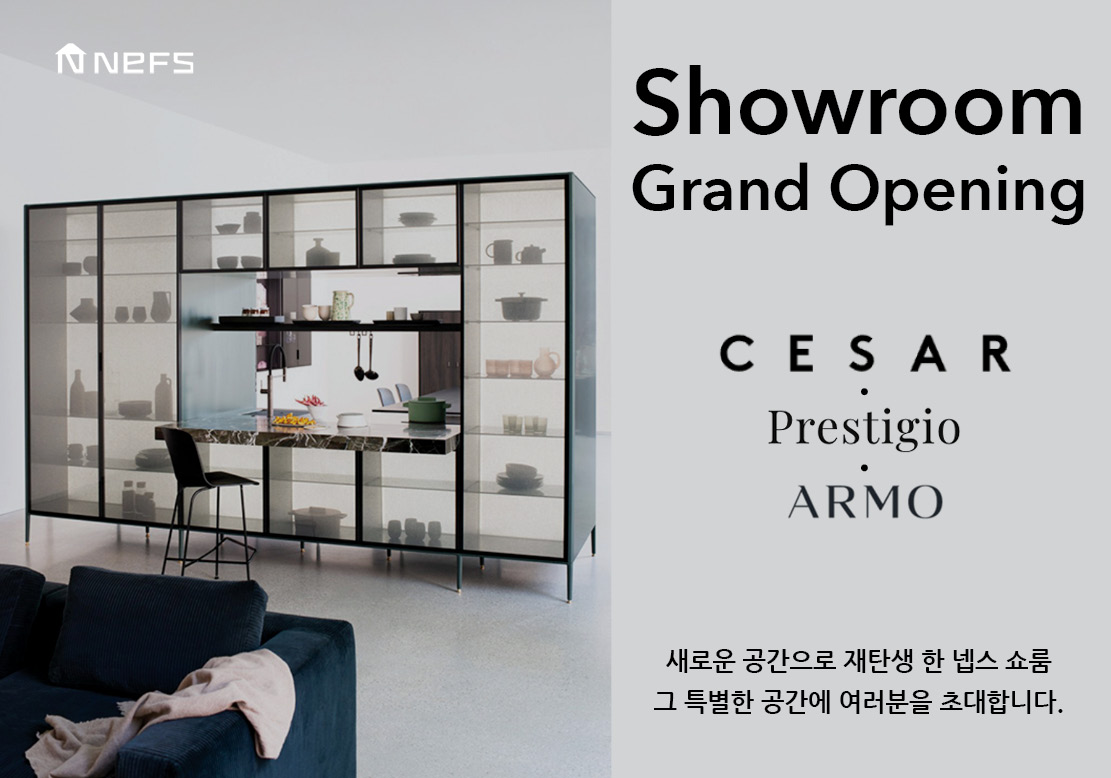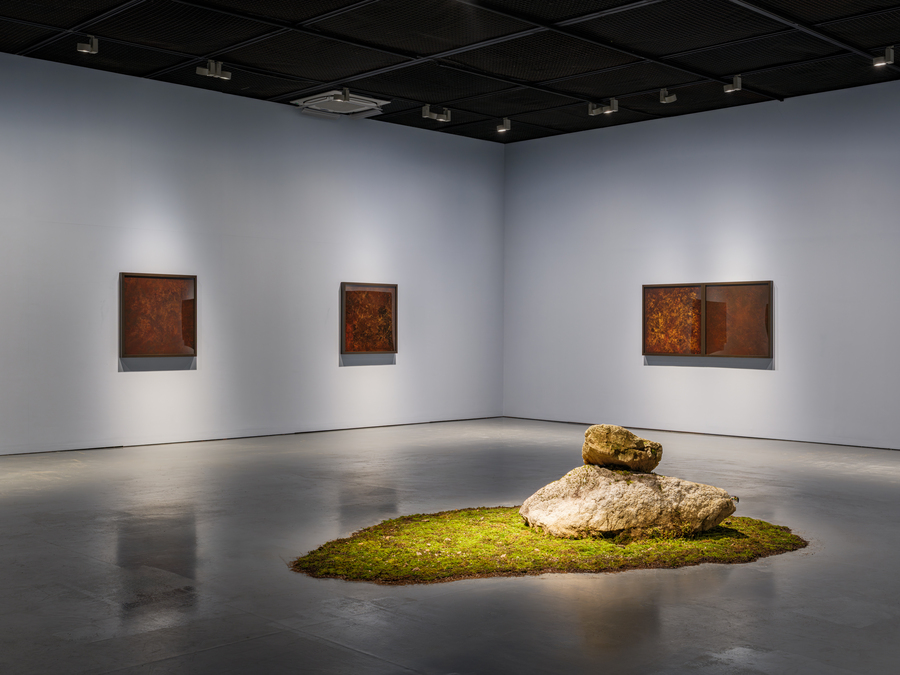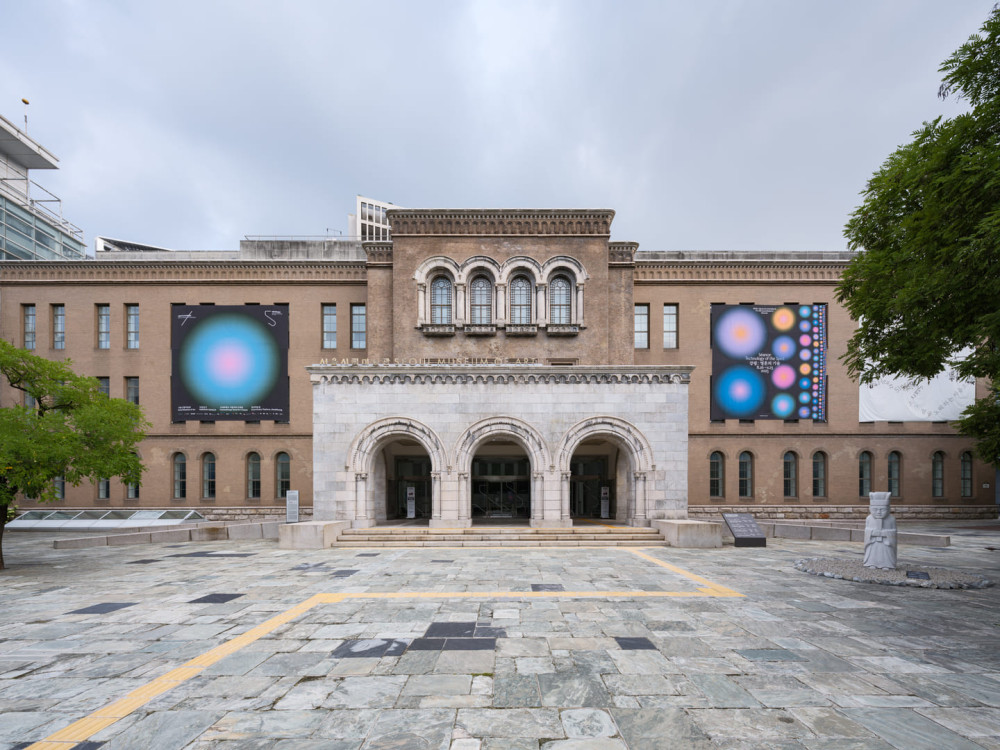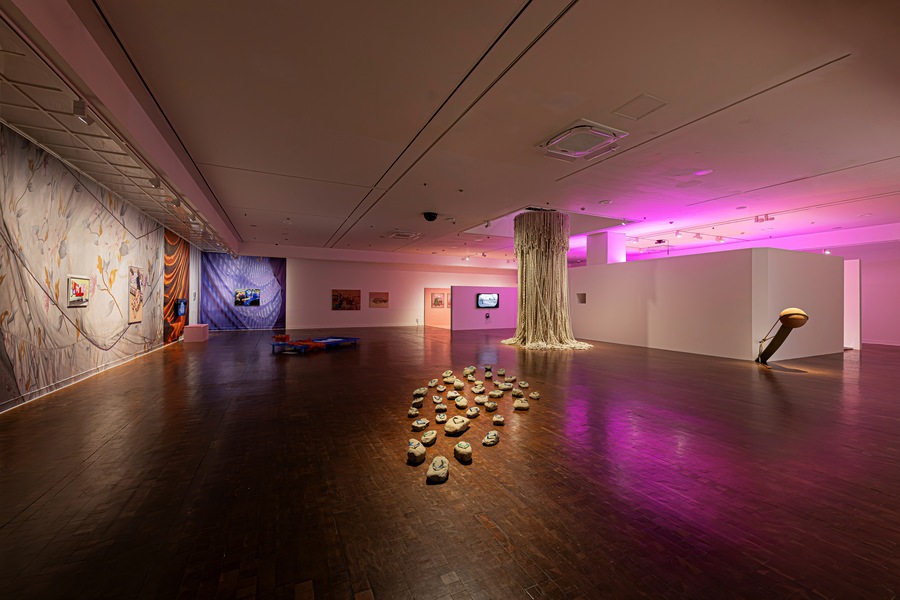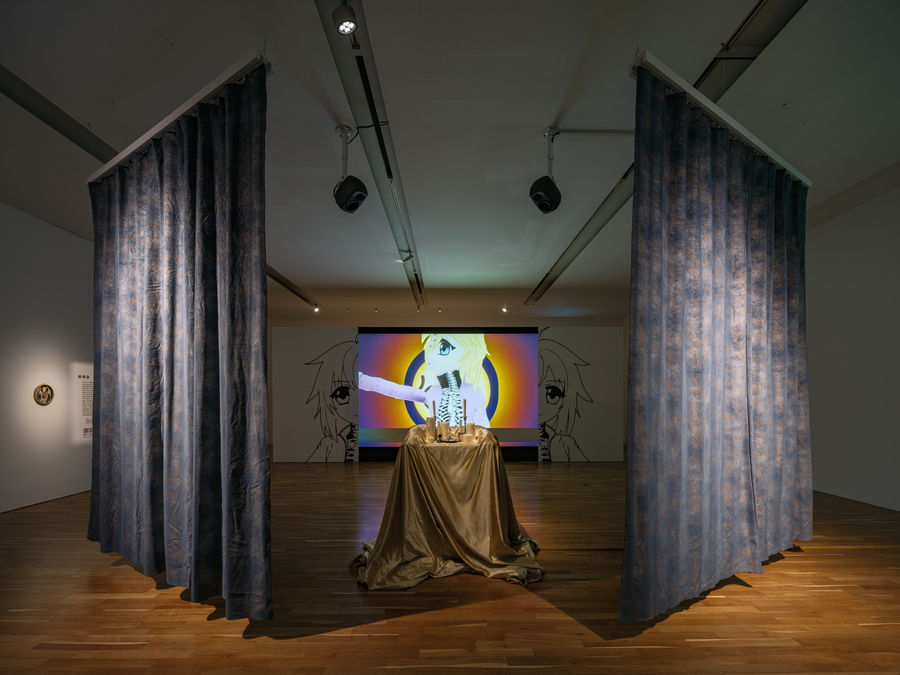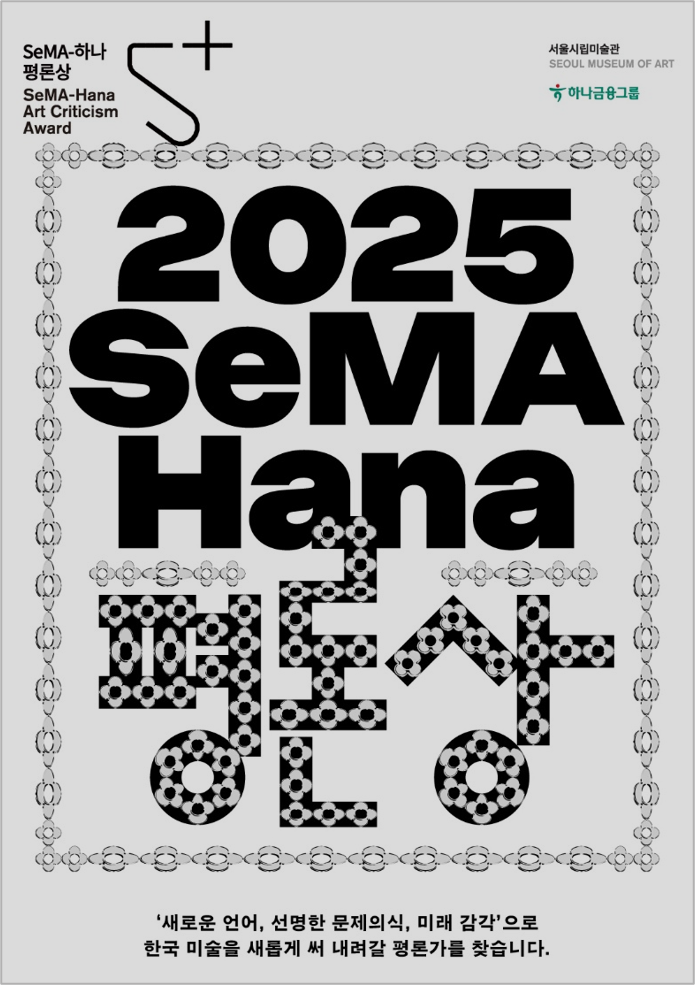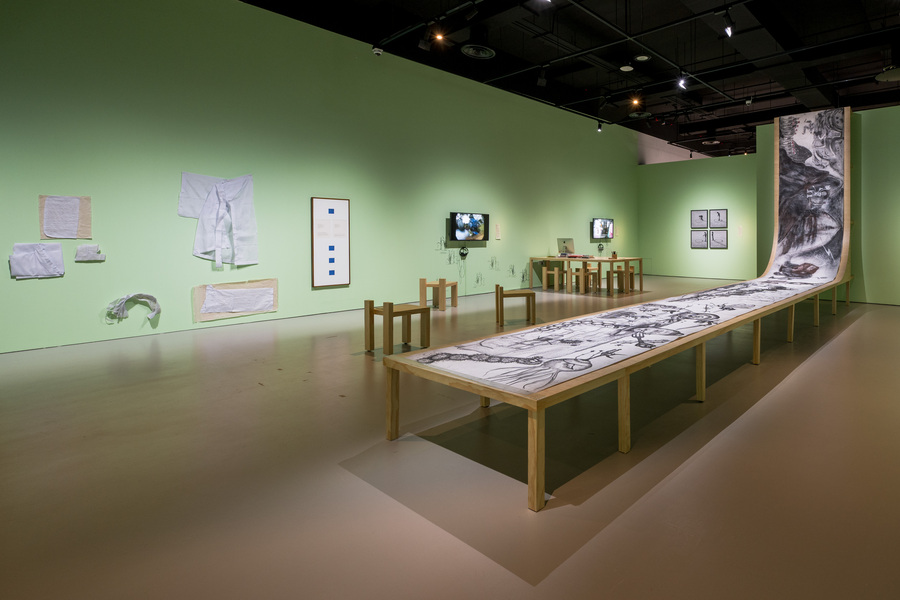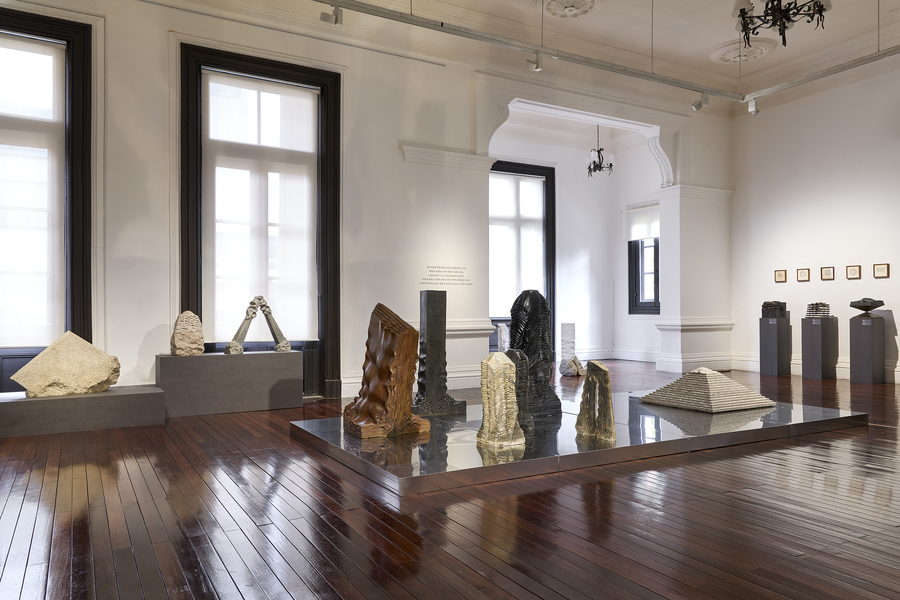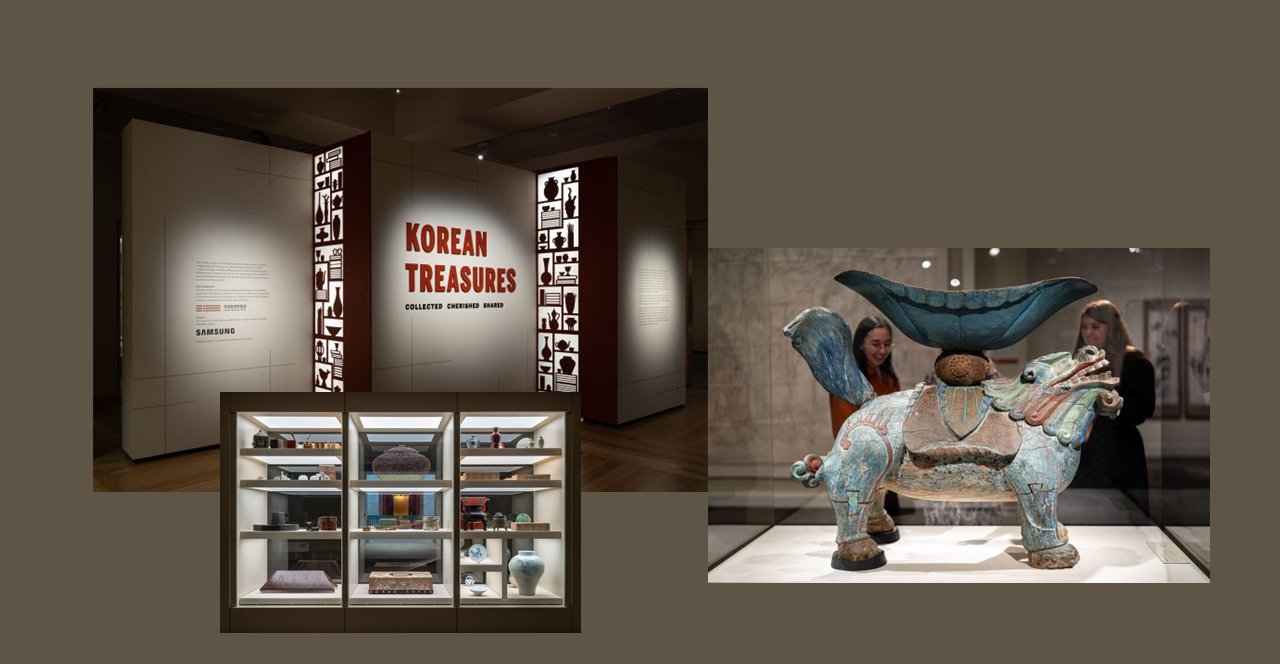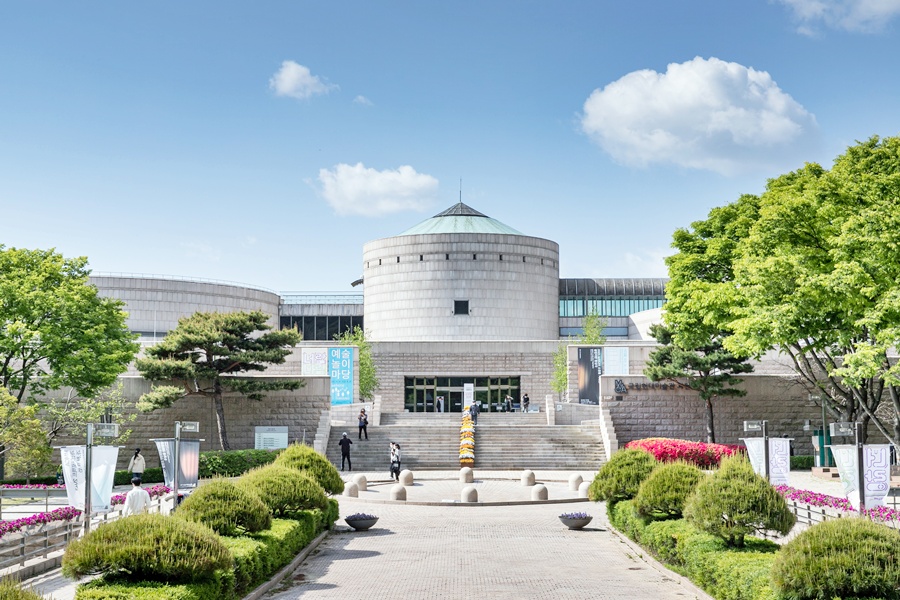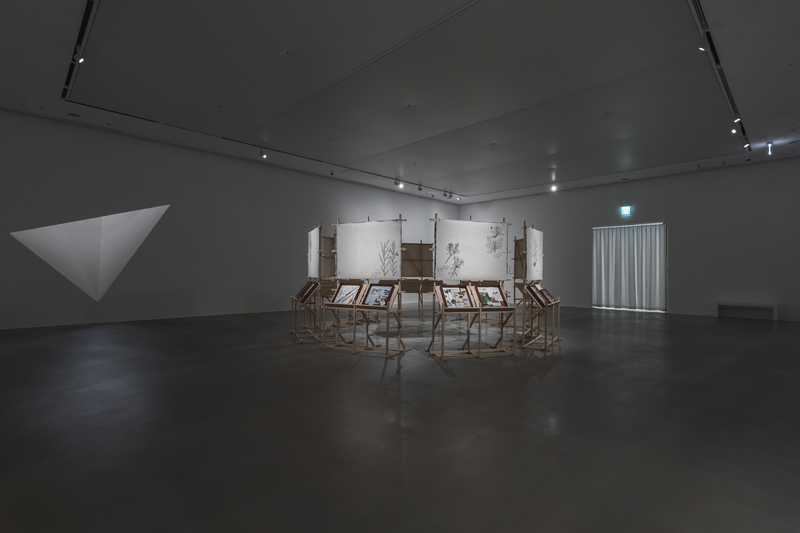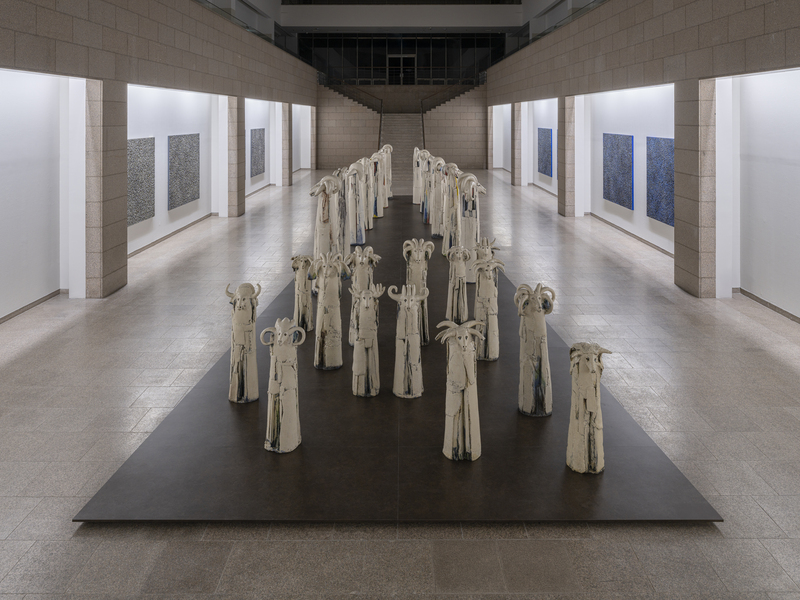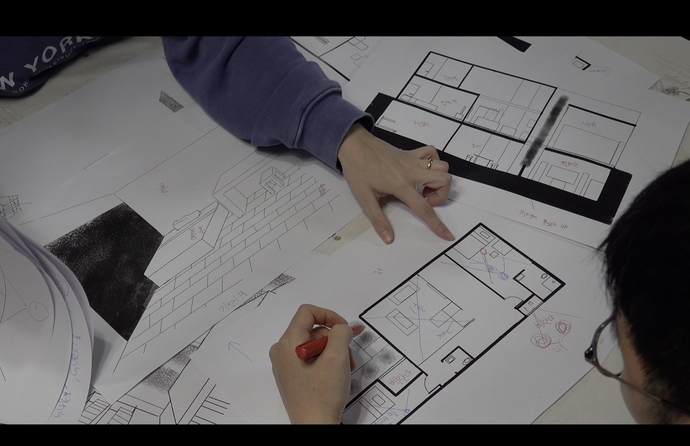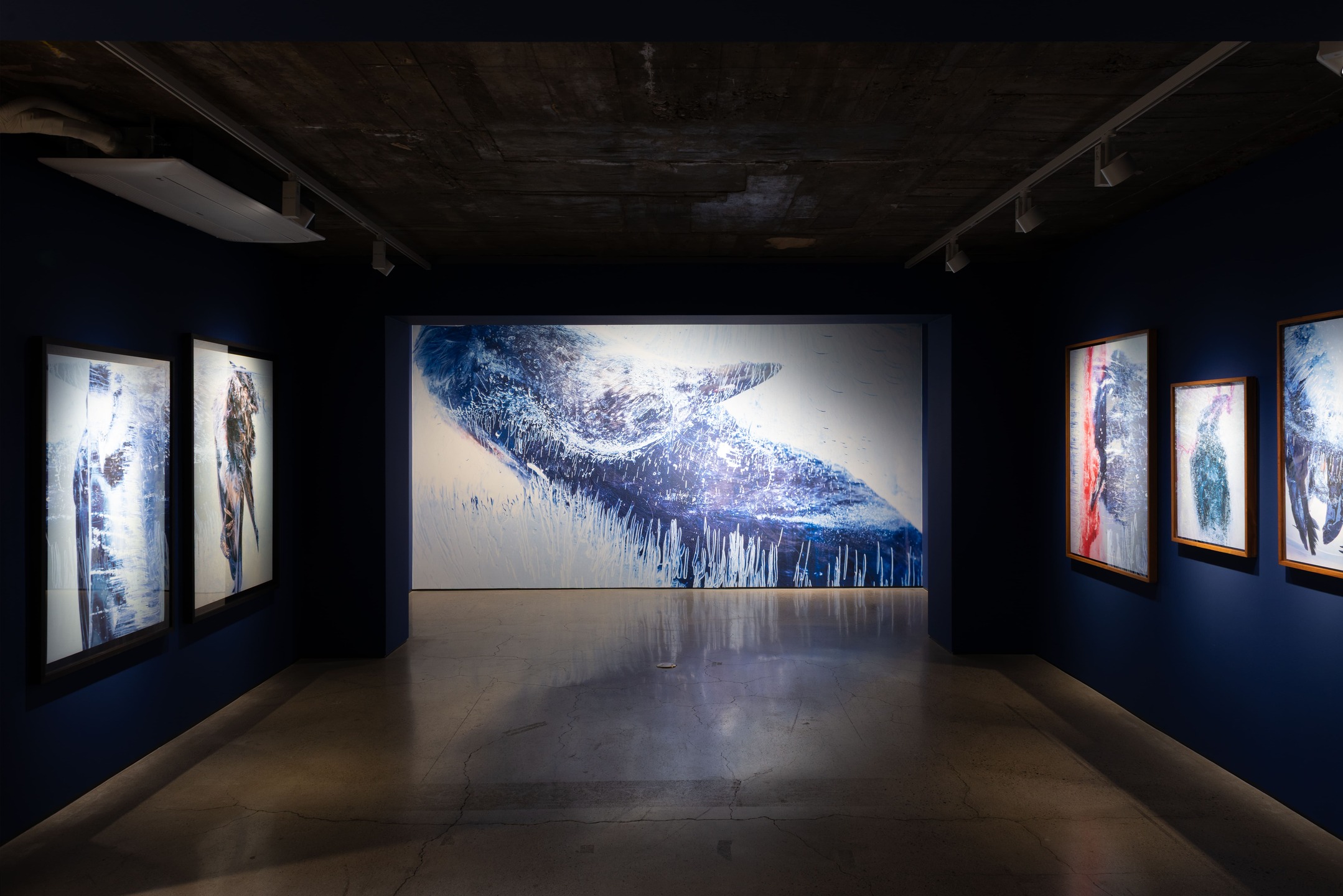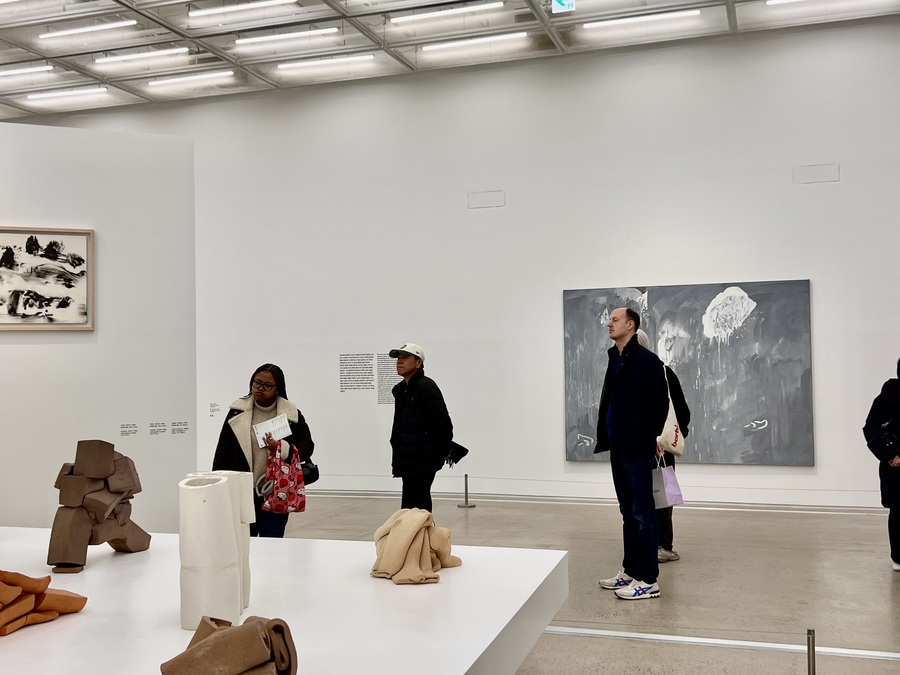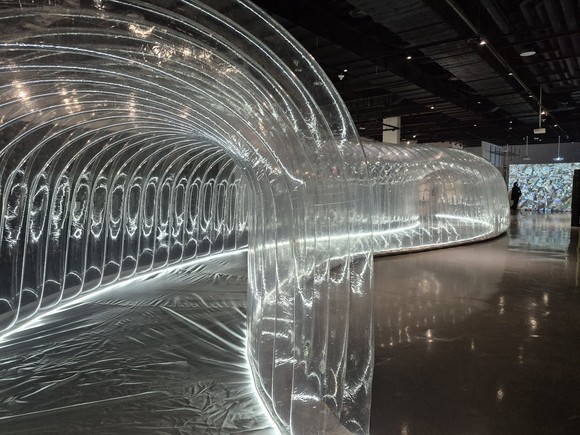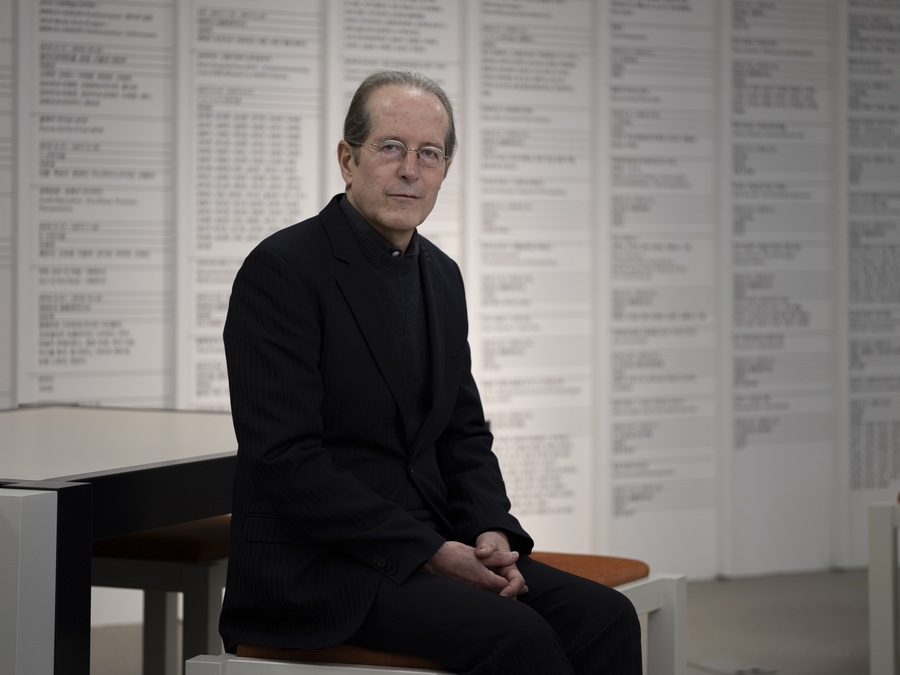 2025 SeMA-HANA Media Art
Award recipients Hiwa K, Anocha Suwichakornpong, Ernest A. Bryant III ©Seoul Museum of Art
2025 SeMA-HANA Media Art
Award recipients Hiwa K, Anocha Suwichakornpong, Ernest A. Bryant III ©Seoul Museum of Art
The Seoul Museum of Art has named Hiwa K
and Anocha Suwichakornpong as co-recipients of the 2025 SeMA–HANA Media Art
Award, and Ernest A. Bryant III as the recipient of the Honorary Award.
The sixth edition of the award was
announced by Seoul Museum of Art Director Eunju Choi. It was adjudicated by
head of the jury, Mika Kuraya (Director of Yokohama Museum of Art); scholars
Elena Vogman and Youngbin Kwak; the Biennale’s Artistic Directors (Anton
Vidokle, Hallie Ayres, and Lukas Brasiskis); and Eunju Choi.
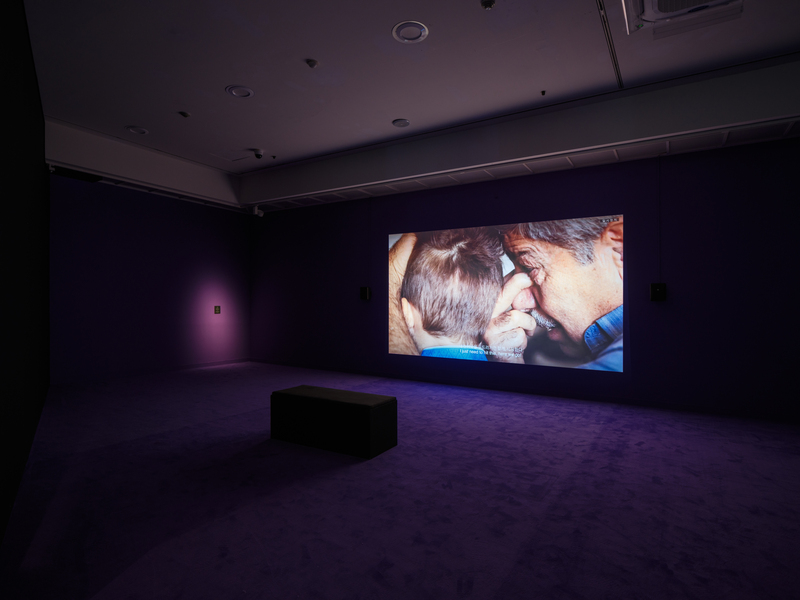
Hiwa K, You Won’t Feel a Thing, 2025. single-channel video. 22 min. The 13th Seoul Mediacity Biennale 《Séance: Technology of the Spirit》, Seoul Museum of Art, 2025. Photo: Hong Cheolki. ©Seoul Museum of Art
Hiwa K, co-recipient of the Media Art
Award, is an artist who migrated from Kurdistan in northern Iraq to Rotterdam,
the Netherlands. Working across sculpture, video, and performance, he draws on
personal experiences and oral forms to narrate alternative histories and to
question dominant narratives of power.
Commissioned for the Biennale, You
Won’t Feel a Thing (2025) is a single channel video that unfolds from
the personal experience of the artist. In telling this story, the artist
questions how the corporate logics embedded in Western medicine—“invasive, like
the wars brought to Kurdistan”—have marginalized local practices.
The jury admired the work’s representation
of the artist not as “a superhuman with special talents, but as an ordinary
individual with a vulnerable body.” Its attention to the corporate
monopolization of healing also resonated with the exhibition’s attention to the
consequences of separating material from spirit, body from mind.
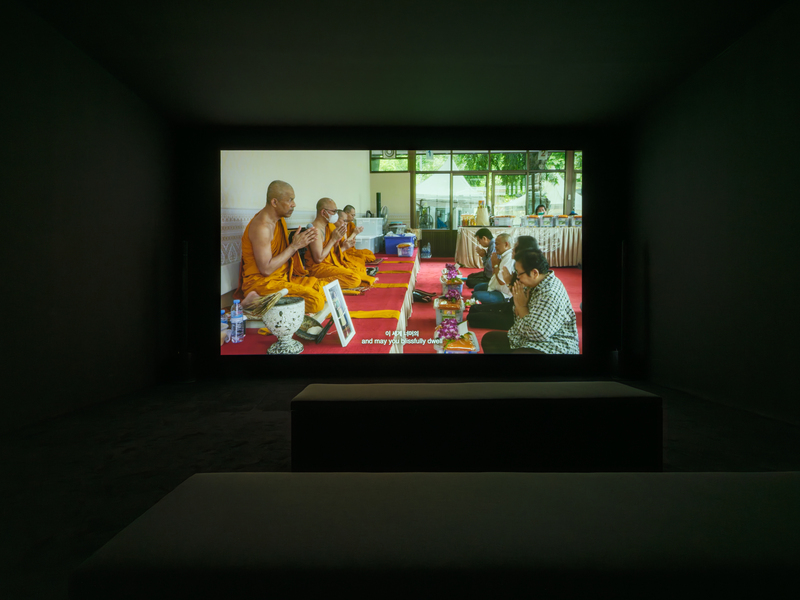 Anocha
Suwichakornpong, Narrative, 2025. single-channel video. 49
min. The 13th Seoul Mediacity Biennale 《Séance: Technology of
the Spirit》, Seoul Museum of Art, 2025. Photo: Hong
Cheolki. ©Seoul
Museum of Art
Anocha
Suwichakornpong, Narrative, 2025. single-channel video. 49
min. The 13th Seoul Mediacity Biennale 《Séance: Technology of
the Spirit》, Seoul Museum of Art, 2025. Photo: Hong
Cheolki. ©Seoul
Museum of Art
Anocha Suwichakornpong, co-recipient of the
Media Art Award, is a filmmaker whose work often engages with events and
narratives inspired by Thai society. She has also continued sustained efforts
to support Southeast Asian cinema, including co-founding the film production
company Electric Eel Films with fellow Thai artists and filmmakers.
Anocha Suwichakornpong’s commissioned work,
Narrative (2025), stages a meeting between people who lost
relatives during the 2010 massacre of pro-democracy demonstrators in Bangkok
and who continue to seek justice despite fifteen years of obstruction by the
Thai government.
The jury commended the work for what it
reveals of the operations of trauma and memory, which illuminated the
exhibition’s broader enquiry into film as a medium through which to access
unconscious processes.
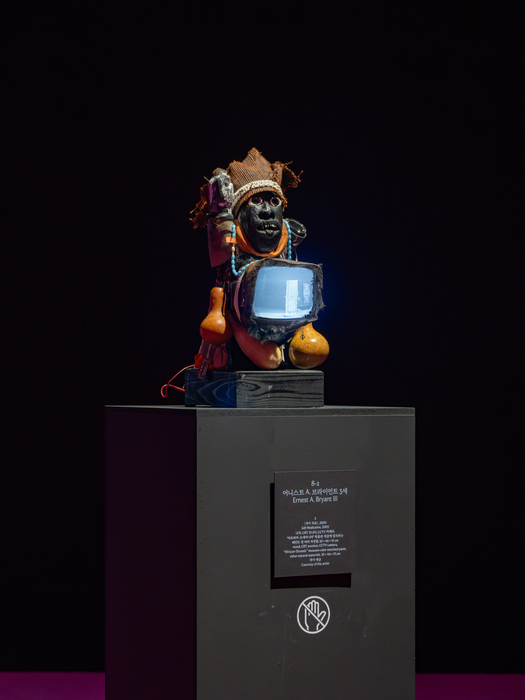
Ernest A. Bryant III, Self- Medication, 2005 wood, CRT monitor, CCTV camera, “African-Oceanic” museum color matched paint, other natural materials. 10 × 46 × 13 cm. The 13th Seoul Mediacity Biennale 《Séance: Technology of the Spirit》, Seoul Museum of Art, 2025. Photo: Hong Cheolki. ©Seoul Museum of Art
The honorary mention was introduced this
year to reaffirm the award’s mission of encouraging artists working in diverse
media. In keeping with the award’s original purpose of encouraging the
sustained practice and growth of emerging artists, the Honorary Award was
presented to Ernest A. Bryant III, an interdisciplinary artist and critic.
The artist has continuously explored the
roles that art and artworks play across diverse cultures, the relational
dynamics and interpretive possibilities generated through the “gaze” exchanged
between artworks and audiences, and the influence produced in the interactions
among images, objects, rituals, and society.
Self-Medication (2005)
is an interactive sculpture inspired by early twentieth-century Kongo Nkisi
figures that dramatizes the encounter between different systems of medicine,
belief, and magic. The jury highlighted Bryant’s use of sculptural forms
embedded with monitors, prompting reflection on the meaning of encounter. They
also praised his proposal of “another economy of generosity and sharing beyond
capitalist value systems.”
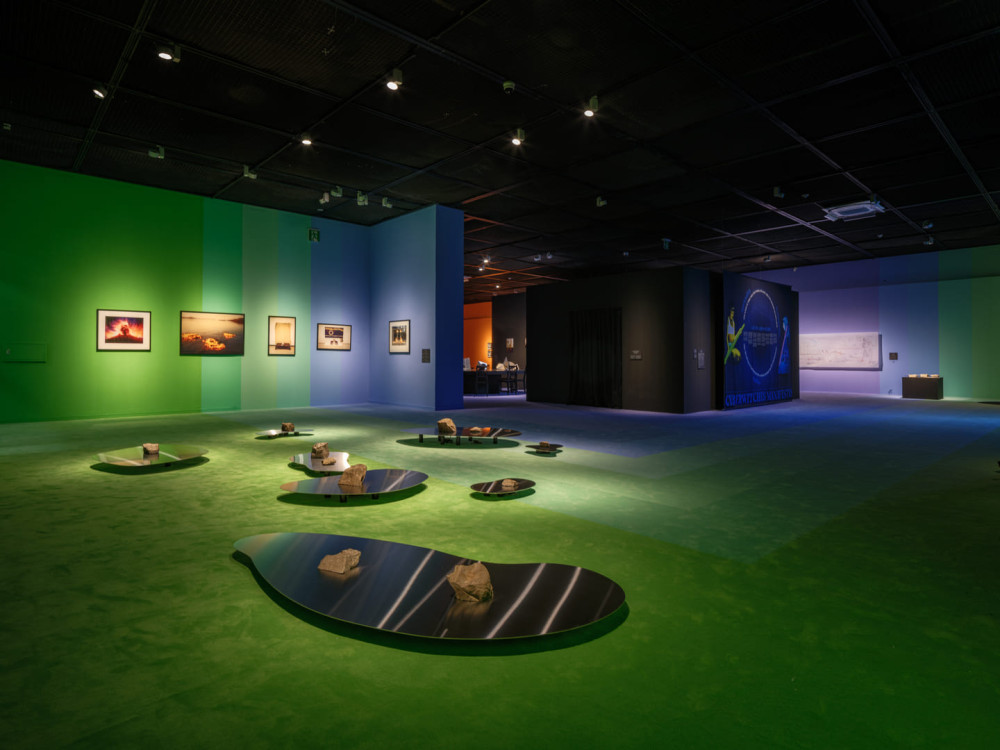
Installation view of the 13th Seoul Mediacity Biennale 《Séance: Technology of the Spirit》 (Seoul Museum of Art, 2025) Photo: Hong Cheolki. ©Seoul Museum of Art
Head of the jury Mika Kuraya stated: “The
jury focused on the award’s mission of supporting the practice of living
artists. We discussed the sociopolitical dimensions of the curatorial theme and
its relationship to capitalism and advanced technologies, making these complex
entanglements a central criterion. With the Biennale featuring a significant
number of moving-image works, we sought to maintain balance by not privileging
any single medium.”



